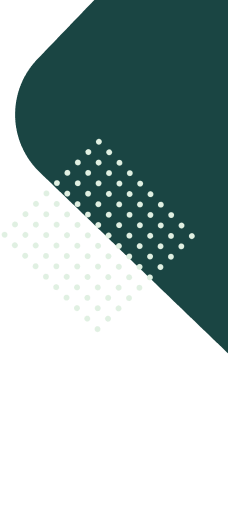So you have submitted a grant proposal and you’re awaiting the screening process and the peer review. What thoughts do you have right now? What things do you need to know? Read on.
More often than not, the screening process does not bother grant seekers for they know that they strictly followed the guidelines. Further, they know that they are eligible to apply, the proposed project fits the funding opportunity, and that it is suitable to the grantor’s focus. Anyway, if during the screening process the committee finds something lacking, it will send the grant request back to the applicants or will inform them about the missing details.
While many applicants often pass the screening phase, most of them fear about peer review. This is the stage where their documents are scrutinized, line by line or word for word. The review process differs from federal agencies to private foundations; but reviewers all have one aim: to fund only the deserving projects, the ones that have feasible, measurable, and sustainable programs.
What Do I Need to Know about Peer Review?
Who make the review?
Reviewers are often hired consultants. They can be researchers, professionals, and practitioners, who are assigned to review topics they are experts in. For instance, a healthcare technology development program for early detection of cancer will require review from the likes of cancer care professionals and cancer researchers. This is made so to ensure that reviewers can somehow relate to the proposals they will assess. Bear in mind, though, that this may not always be the case. Hence, it is still advised to use common words so that they can be easily understood by the readers. Remember, reviewers analyze an average of 10 proposals; thus, programs must be understandable to them right on the third paragraph of the abstract or else, they will stop reading the piece. Sure you do not wish this to happen to you, right?
Which details should you include?
As a grant seeker, you have no idea about how many reviewers read your written request. For this reason, you must ensure that your document is clear, concise, and “crispy” enough to capture the interest of every reader. Do not make any “risky” guesses, such as assuming that each of them will understand the terms you used thinking that they are professionals. Don’t let them misinterpret your ideas. In fact, the safest assumptions that you can make are to think that they do not know you and much about your proposed project. For this reason, you should be able to present your project in detail.
What takes place during the review?
After they are finished reading the grant request, each will give a score based on given criteria. The committee will then gather the score sheets and make a comparison, which will be the basis for later discussion. After this, the reviewers are given the chance to decide on their final scores. After the discussion, the proposal is either recommended or disapproved for funding. If recommendation for funding is made, reviewers will again make a talk, this time to discuss about how much will be given to the applicant.
How will you improve grant writing?
You will receive a funding award notification from the funding source. It may provide you a copy of the comments or you may need to request for it. Funded or not, it is best for your group to check carefully the analysis of the reviewers. Do not take them as criticisms; they are, in fact, a tool that you can use the next time you write a grant request.
Want to grab a grant funding opportunity but can’t write a good grant application? Seek our help.






